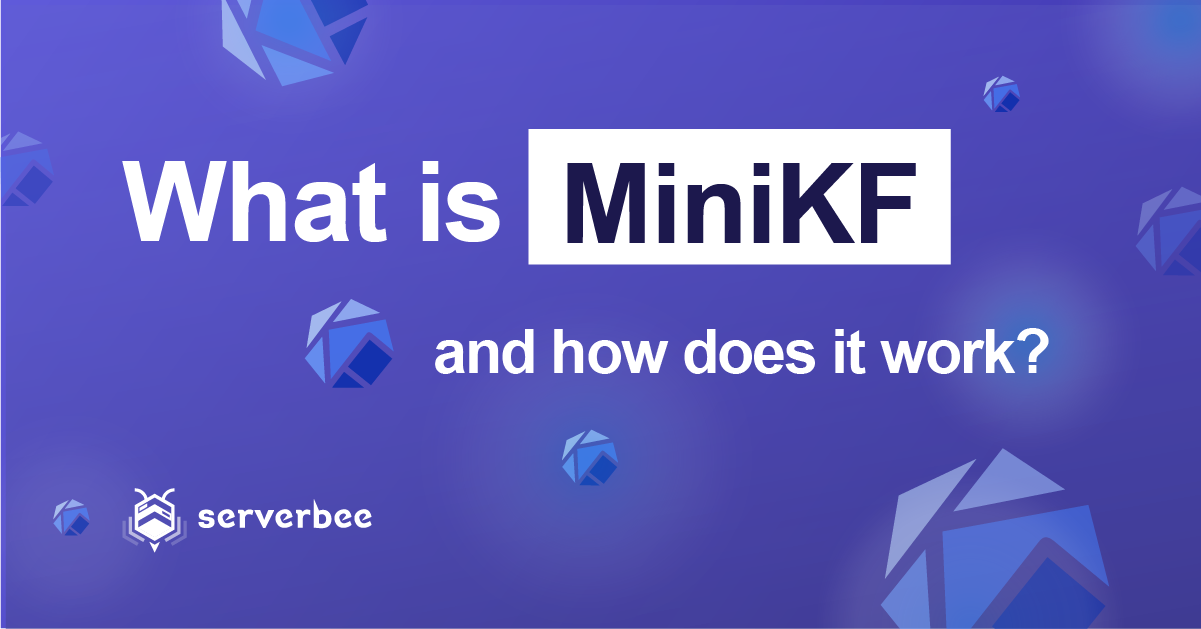 Cloud computing and virtualization services are now increasingly used in business, various enterprises, and research activities.
Cloud computing and virtualization services are now increasingly used in business, various enterprises, and research activities.
Considerable computing capacities and advanced cloud learning tools became especially required. ML (Machine Learning) algorithms have long been used in everyday life, for example in online translators, in the obtaining and processing of statistics, in medical and technical diagnostics, in analytical data analysis and predictions. Even such simple tools as spam email filtering and weather forecasting also use models optimized with Machine Learning.
The use of ML models significantly increases performance and optimizes the execution of many interdependent processes in diverse changing conditions. To fully deploy and train them requires a strong and high-performance infrastructure and access to a wide range of powerful cloud tools. However, the initial development and testing of the first mathematical models are carried out by researchers on conventional PS and laptops using the usual software. So when it came to distributing and scaling the streams, they had to put the results into a cloud service and replicate a huge amount of work, because there was no simple way to continue working in the cloud until now.
But with the advent of MiniKF, everything has changed. Now you have the opportunity to deploy optimized Kubeflow on your laptop to start working and experimenting even using complete ML Pipelines. And when you need to scale, you can switch to cloud deployment with one click.
Kubeflow is a cloud-based machine learning solution that allows you to manage the deployment of workflows (ML) in Kubernetes simply, also move, and scale them. Kubeflow is closely integrated with the Kubernetes platform for flexible workload management and for orchestrating containerized applications and automating their deployment. Kubernetes services, support, and tools are widely available from cloud providers such as Amazon (AWS), Microsoft (Azure), Google (GCP), IBM (IBM Cloud), etc.
MiniKF is a Kubeflow that can be installed on a separate PS or laptop in a few minutes, it optimizes the scale of the existing infrastructure to make it work on an average computer.
MiniKF from Arrikto has improved the process of detection and processing of local or cloud data for distributed Kubeflow applications. This simplifies the training of mathematical models, especially when it comes to the creation of new joint workflows for the future operation of several teams simultaneously.
Of course, Kubeflow is not the only solution for machine learning issues. There are also other alternatives for deploying ML models without resorting to Kubernetes. Cause in the early stages of testing the original mathematical model, when you need only to perform the first tests it looks too cumbersome and difficult.And quite another thing MiniKF, which is available in a few minutes and can save a lot of time and effort when the project needs to be transferred to the cloud and get all the power of Kubernetes.
The Serverbee Experience
Serverbee has been working with the Kubernetes platform for a long time and we have extensive experience in supporting it. We assist the deployment and maintenance of both MiniKF hosts and full-fledged Kubeflow in Kubernetes, and our expertise can be also useful when it comes to migrating from one to the other. In addition, we have successfully adapted the version of MiniKF installation on Vagrant (VirtualBox) for Linux KVM. It works very well on a virtual machine on a local or remote on-premise server.
This MiniKF application is used by Serverbee customers to create initial ML models for research and to test the platform. If the client likes the solution and it turns out to be successful, our engineers help with the deployment of a full-fledged Kubeflow both in the cloud platform and on its own site with full support.
We also know that in previous versions the original Kubeflow lacked some of the features for multiple users’ authorization, they were not completed and worked with limitations. Many users worked with the Kubeflow version developed by Arrikto. However, in the latest original version of Kubeflow, all the mentioned functions are already available and the original version can be used after the first tests in MiniKF.
If you need any support with installing MiniKF in a virtual environment for creating and testing initial ML models, or you want to get all the benefits of distributed training, scaling, and eventually deploying your models in production with full-fledged Kubeflow, let us know.